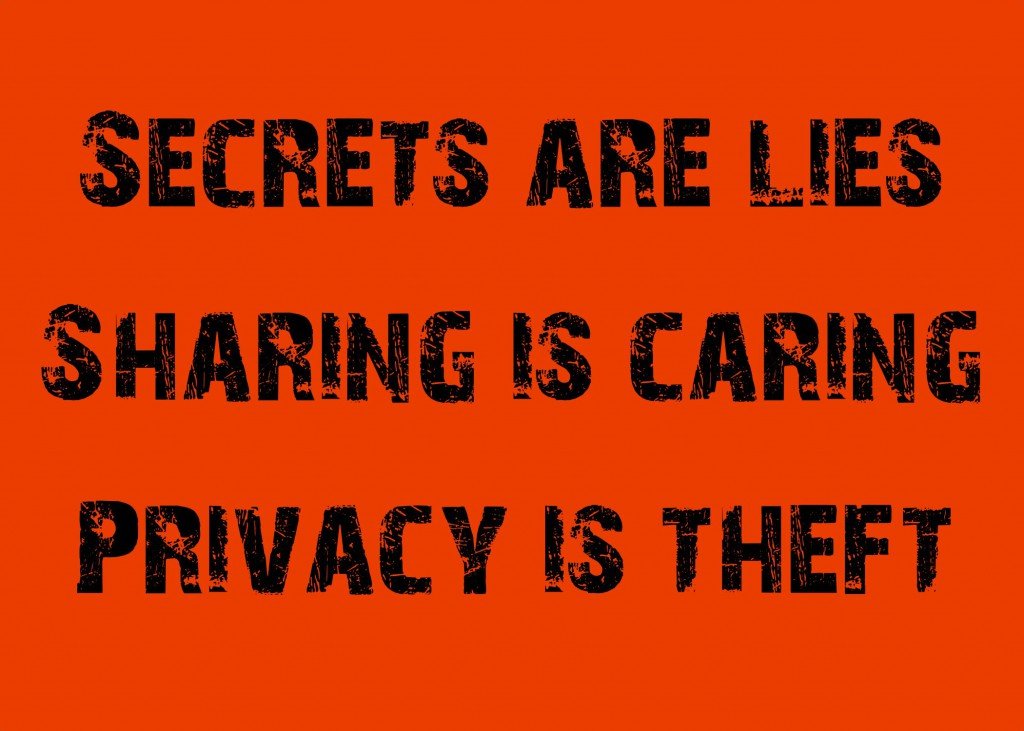ED 5131 - Assignment 1, Post 1: Negotiating Identity and Citizenship
This week’s theme of etiquette and communication reminded me of Dave Eggers’ (2013) dystopian novel, The Circle. In the novel, a Google-like organization called The Circle seeks to create an Internet as envisioned by Mark Zuckerberg and former Google executive Eric Schmidt - open, and based on real names and identities (van der Nagel & Firth, 2020). The Internet as we know it now is a combination of anonymous and real personalities that rely on moderation and voluntary participation in digital citizenship to mediate communication. In The Circle, however, users of the surface Internet are required to use their real names, sharing is the highest virtue, and deletion of data is discouraged to the point of being seen as a taboo. In the abstract, this approach seems pretty good - increased accountability leads to a less negative experience for everyone. In contrast, the prospect of having your online interactions monitored and scrutinized would likely have an effect that is opposite of what is intended: instead of authentic sharing and interaction, self-policing pours over from online into real-world communication with one another, with the result being inauthentic personas that use real names, but only reflect a portion of who a person truly is.
The heart of The Circle lies in these three maxims.
Unknown. (2015). Secrets are lies. Sharing is caring. Privacy is theft. [Digital Art]. https://www.smile-it.at/read-the-circle-and-opt-out/
I guess this is probably a good thing - no need to worry about being doxxed or cyberbullied if 100% real identities are required. But when I think about it, forcing a superficial act of digital citizenship without a deeper foundational understanding results in the sort of inauthentic interactions that defeat the purpose of the internet as a forum for interaction. Chris Poole (2011), founder of 4chan, notes in his talk at Web 2.0 Summit 2011 that who we are online is different from who we are in the real world - just as we have different identities in the real world (e.g. father, son, brother, friend), we have different identities online. So the solution would then be complete anonymity, right?
Not quite. If you’ve seen what anonymous comments are like, enabling complete anonymity online can create a cesspool of all the bad things that we associate with the Internet.
I get the sense that negotiating identities according to either extreme (complete anonymity vs. the ability to be recognized by your offline identity) is problematic. The ideal answer, as with most things, lies in balance. As to how a system that balances anonymity and real world identities would look, I can’t say, but I would argue that a healthy dose of digital citizenship education would be required to make this solution work. When we understand the purpose behind the way we are expected to act, and the need for empathy, it enables genuine interaction.
Bibliography:
Eggers, D. (2004). The Circle. Penguin Books.
Unknown. (2015). Secrets are lies. Sharing is caring. Privacy is theft. [Digital Art]. https://www.smile-it.at/read-the-circle-and-opt-out/
Van Der Nagel, E., & Frith, J. (2015). Anonymity, pseudonymity, and the agency of online identity: Examining the social practices of r/Gonewild. First Monday. https://doi.org/10.5210/fm.v20i3.5615
